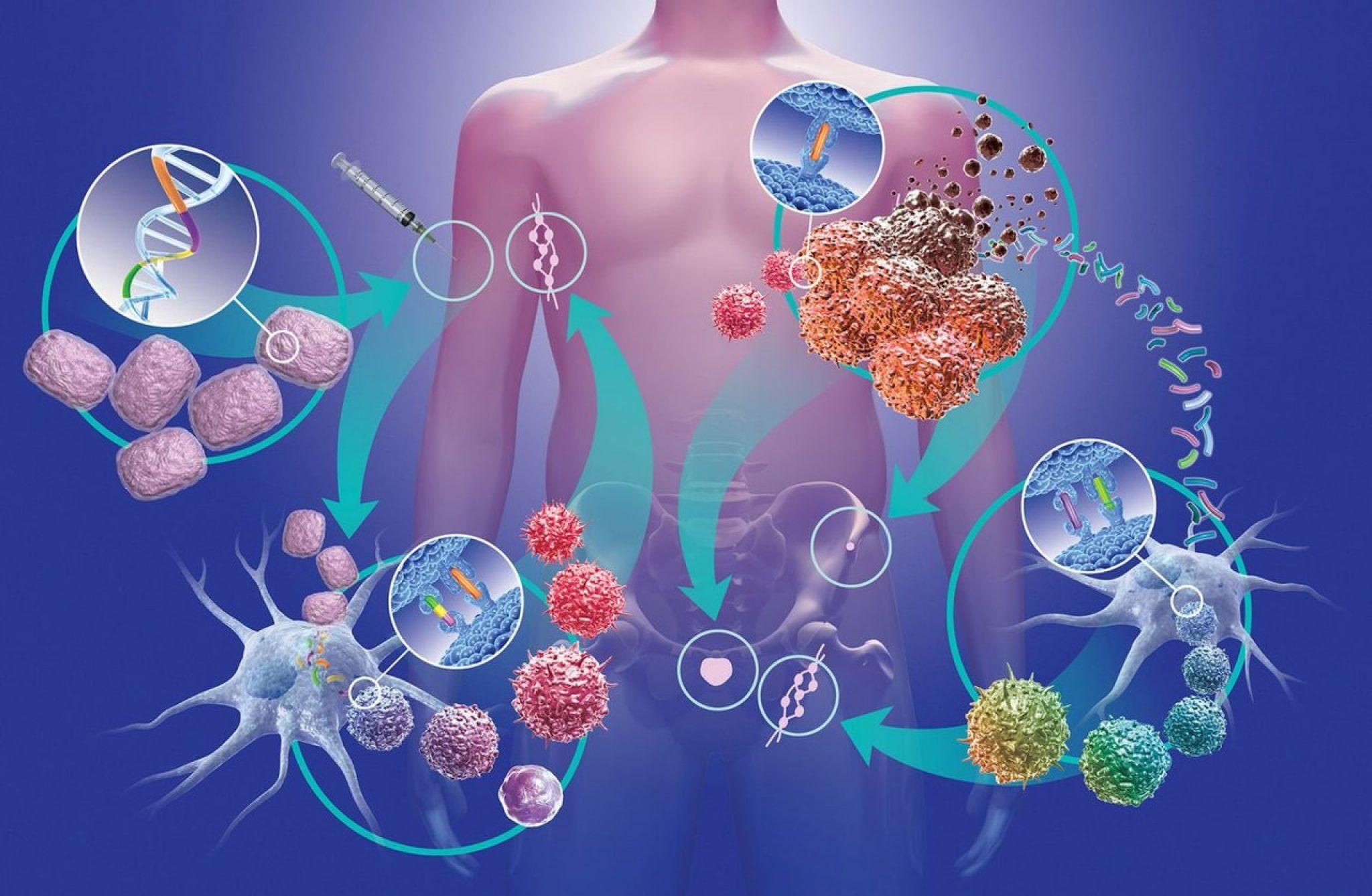Oncology Drug Pipeline Analysis: Hope for New Cancer Treatments

Introduction
Cancer remains one of the leading causes of death worldwide. Despite significant advances in treatment over the past few decades, there is still a pressing need for more effective and safer therapies. Researchers are continuously working to develop novel drugs that can target cancers in innovative ways. In this article, we analyze the current oncology drug pipeline and highlight some of the most promising new therapies that could transform cancer treatment in the coming years.
Immuno-Oncology Drugs
Immunotherapy, which works by unleashing the body's own immune system to fight cancer, has revolutionized oncology in recent years. Checkpoint inhibitors that target proteins like PD-1 and CTLA-4 have proven highly effective against various cancers. However, only a subset of patients responds to these drugs. Researchers are now developing novel immuno-oncology therapies aimed at improving response rates.
One area of focus is combination therapies that bring together different immuno-oncology drugs or pair them with conventional therapies. By attacking the tumor through multiple pathways simultaneously, combination regimens could help more patients benefit from immunotherapy. Ongoing trials are evaluating combinations of PD-1 inhibitors with CTLA-4 blockers as well as chemotherapy, targeted therapies, and other immunotherapies. Results so far have been promising, showing higher response rates than single-agent treatments.
CAR T-Cell Therapies
Chimeric antigen receptor (CAR) T-cell therapy is another type of immunotherapy garnering significant interest. In CAR T-cell therapy, a patient's own T cells are genetically engineered to target specific antigens on tumor cells. Two CAR T-cell therapies have been approved so far – tisagenlecleucel (Kymriah) for some leukemias and axicabtagene ciloleucel (Yescarta) for some lymphoma subtypes. Both have shown complete response rates over 50% in clinical trials.
Research is ongoing to expand the use of CAR T-cell therapy to additional cancers. Trials are evaluating CAR T therapies targeting antigens on solid tumors like breast, lung, and prostate cancers. Scientists are also striving to make CAR T-cell therapy safer by reducing cytokine release syndrome and neurotoxicity. Emerging areas of research involve engineering T cells with dual CARs targeting two antigens and combination CAR T therapies together with checkpoint inhibitors. If these efforts prove successful, CAR T may become a treatment option for various solid tumors in the future.
Targeted Therapies
Genomic profiling of tumors has led to the development of targeted drugs that hone in on specific genetic mutations driving cancer growth. Drugs targeting proteins involved in angiogenesis, such as VEGF inhibitors bevacizumab and ramucirumab, have found wide usage. Tyrosine kinase inhibitors taking aim at mutated kinases in cancers like leukemia, lung cancer, and gastrointestinal stromal tumors have significantly improved patient outcomes.
The next wave of targeted Oncology Drug Pipeline Analysis therapies aims even more precisely at unique cancer vulnerabilities. Drugs are in development targeting rare genetic alterations and newly discovered molecular pathways. Novel targeted agents may work alone or in combination with immunotherapy or other systemic treatments. Areas of interest include inhibitors of the RAS, IDH, FGFR, and HER2 pathways. Through refined genomic analysis and rational drug design, targeted therapy looks poised to become ever more precise and effective.
Conclusion
The robust cancer drug pipeline holds great promise for progress against this complex disease. Immuno-oncology combinations, emerging cell therapies, and targeted agents homing in on distinct cancer drivers are rigorously making their way through clinical trials. While challenges remain, these innovative therapeutic strategies are anticipated to transform care by significantly extending survival and even curing more cancer patients. With continued research and investment, the next decade could see many new treatments becoming available to improve outcomes across multiple tumor types. Only time will tell how far the field has advanced, but hope remains high.
Get more insights, On Oncology Drug Pipeline Analysis
- Art
- Causes
- Crafts
- Dance
- Drinks
- Film
- Fitness
- Food
- Giochi
- Gardening
- Health
- Home
- Literature
- Music
- Networking
- Altre informazioni
- Party
- Religion
- Shopping
- Sports
- Theater
- Wellness
- IT, Cloud, Software and Technology


